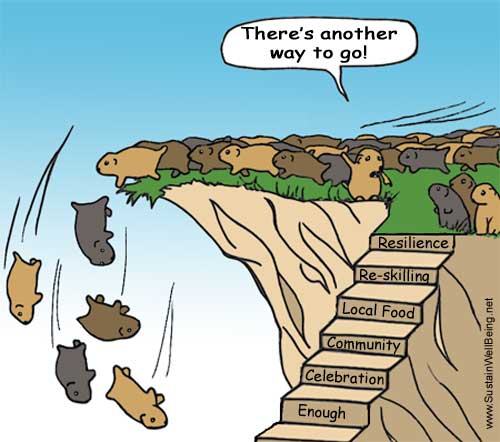Hey guys, thanks very much for the opinions and feedback. I really appreciate it.
I’ll respond to each of your posts further below. As a reminder, I myself AM NEW to programming so might be looking for a job as junior developer so I appreciate any feedback from BOTH a prospective employee as well as prospective employer perspective. Additionally, our mission statement is to help independent artists, musicians and fashion designers so I would like that commitment to helping people to extend to the engineers as well in whatever capacity that might be. I know this might be a bad example but even McDonalds has a university so I’d like to think that whether as an employer or employee, there would always be continuous learning and improvement so there was never any wasted time and regrets for time spent.
@svilen - Thanks for the link! That’s exactly what I was looking for! Although could you or anyone else elaborate on the “opportunities for professional development”? If there was a better version of the Google policy to allow engineers to work on their own projects, would that suffice or is there something else more obvious that I might be missing? Possibly ongoing education from a very knowledgeable CTO like these guys?
I think that ties into what I said above, possibly? Where there would always be continuous improvement? I know for myself and my partner, we’ve not only learned (the bare basics) of Elixir, html, css, JS, Python in past few months but are diving into Spark, Hadoop, GIS, Swift (possibly Clojure) and it’s been very fun to learn new paradigms and ways of thinking to see how they can all connect to each other and solve real life problems. Are those languages that experienced engineers would be attracted to or would they want Java and .Net programs? Or would they prefer to only work in one or two and not have to deal with so many?
Lastly, I personally LOVE telecommuting as I HATE traffic with a passion so that would be hypocritical of me to expect that of people I work with although I would imagine there’d have to be a good “trust” system in place to ensure stuff got completed in a timely manner.
@andre1sk Thanks for Ruby tip Andre! That makes sense as Elixir is a natural fit for companies that currently use Ruby/Rails. I initially tried learning Ruby on Rails as my first language last year via this well known online course but as I’ve found common among them, was outdated, so got stuck on very basic tasks (I didn’t know about Stackoverflow yet), so gave up to focus on functional programming languages (Elixir) but I guess I’ll have to study up on Ruby if I’m not successful in my endeavors.
As for location, I live in Southern California but actually grew up in San Francisco/Silicon Valley. Ironically, the very demographic who we’re trying to help was displaced by the growing tech industry as costs of living is too high so ideally, I’d like to see if having a team who telecommuted was feasible and/or combination of what Zappos did where they moved to a more affordable, yet still exciting location, Las Vegas.
@CptnKirk Thanks for Google feedback. As mentioned above, if there was a better Google-like system where coders could work on their passion projects so long as their main job was done, would that be more appealing and count under the “Opportunities for professional development” item mentioned in StackOverflow survey? If there was more freedom to work on whatever project AND it simultaneously tied into what the company was doing, would that be acceptable? (ex. you design a drawing app, so you let our client artists get to test it out and use it?) Does that make sense? Somehow tie it into what the customers are doing? Or would experienced engineers want to design the next Google and have 100% control? Putting myself in your shoes, I guess I would but is there a way to make it a win/win so everybody benefits? Maybe allowing company to have first shot at being VC for it?
@peerreynders -Thank you for your long thoughtful post. I’ll reply separately so I can respond to every point you made.
























